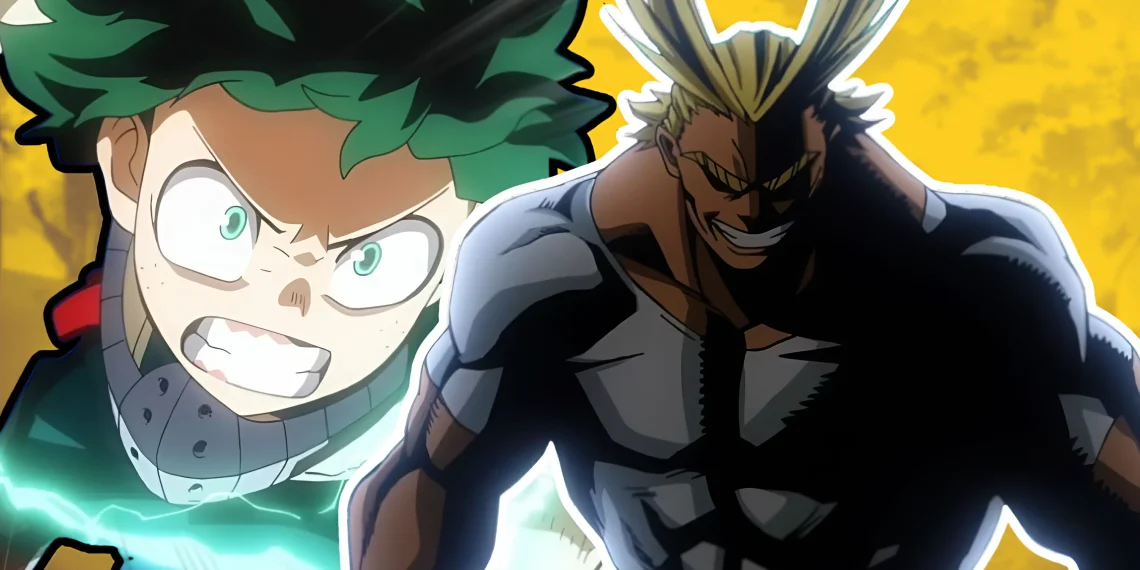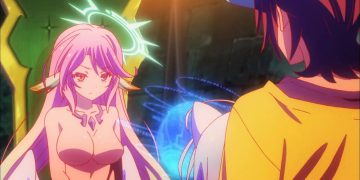From its inception, My Hero Academia established a simple yet attractve premise: the rise of a young, powerless boy named Izuku “Deku” Midoriya, who was destined to become the greatest hero of all time.
Guided by the legendary figure of All Might, the strongest hero in the My Hero Academia world, Deku’s journey was one of immense growth and learning.
However, by the time the manga concluded, it became apparent that Deku had not managed to surpass All Might, his mentor and inspiration.
The series left a number of fans feeling conflicted some satisfied with the journey, and others disappointed by the fact that the grand declaration of Deku becoming the greatest hero didn’t quite come to fruition in the way many had expected.
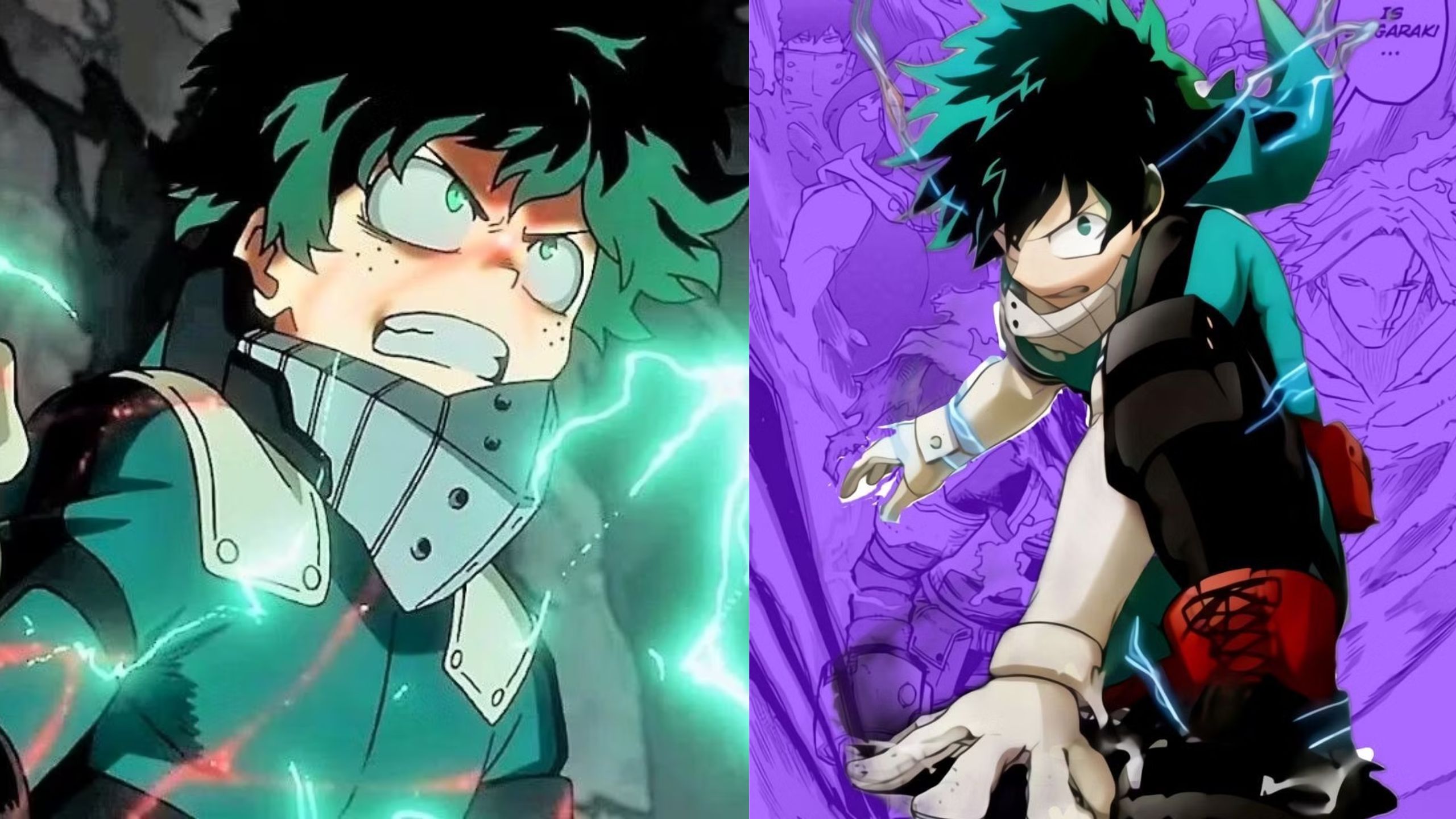
While Deku undoubtedly grew into a formidable hero by the end of My Hero Academia, his ascent to surpassing All Might both in terms of legacy and impact was incomplete.
It’s essential to unpack why this happened, the role All Might’s legacy played in shaping Deku’s journey, and what ultimately prevented Deku from achieving that promised title.
The story’s trajectory was complex, blending themes of mentorship, personal growth, and societal change, but in the end, Deku could not eclipse All Might’s monumental legacy.
All Might’s Enduring Legacy
To truly understand why Deku did not surpass All Might, one must first grasp the sheer magnitude of All Might’s legacy.
All Might wasn’t just a hero; he was a symbol of peace, a beacon of hope in a world constantly plagued by villainy.
His larger-than-life persona, combined with his overwhelming power, made him a figure almost beyond comparison.
Throughout his career, All Might stood as the ultimate force of good, protecting society from chaos and embodying everything the hero society represented.
All Might’s impact stretched far beyond his physical abilities. While he was known for his incredible strength, his true power lay in his ability to inspire.
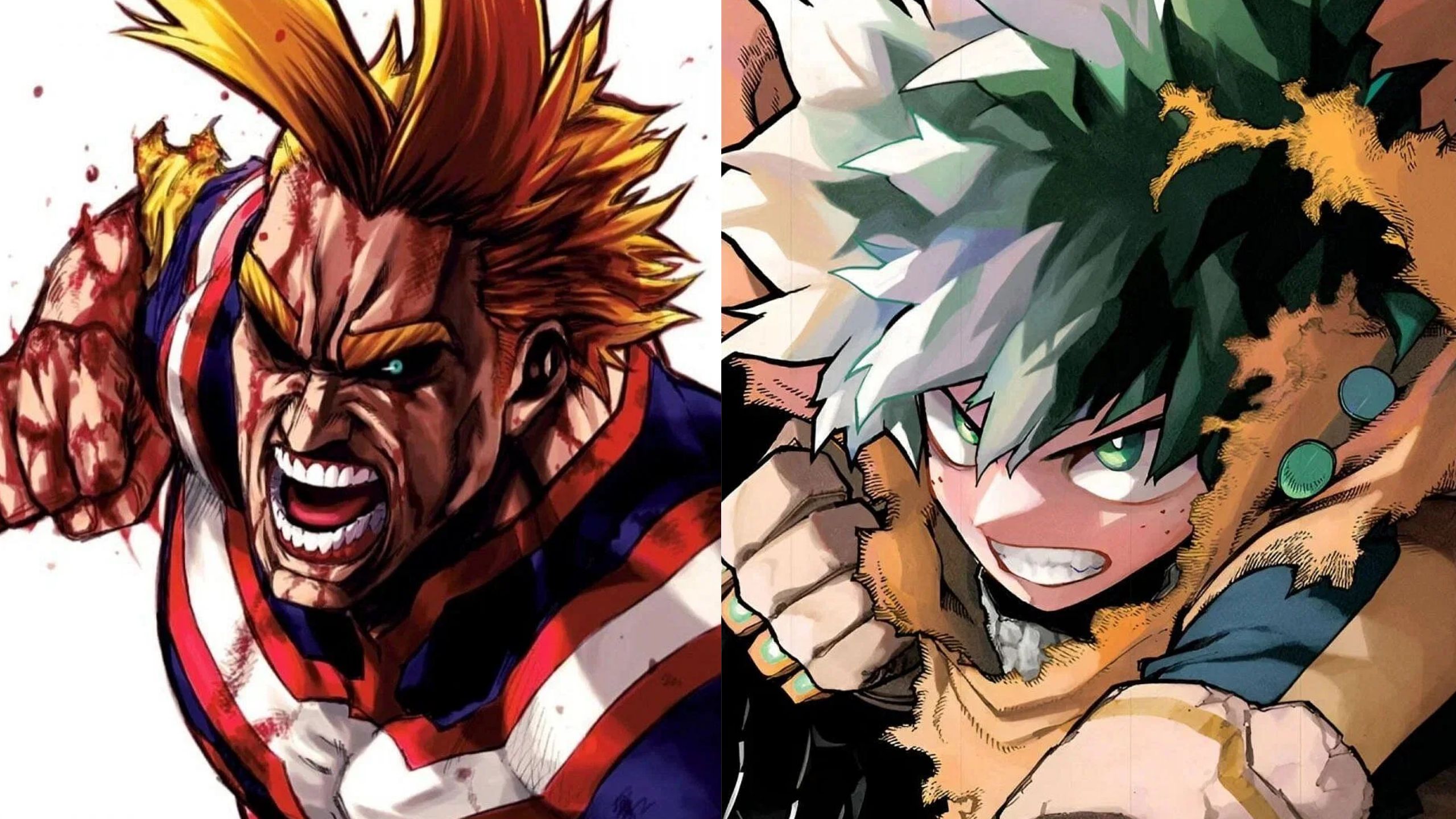
To the people, All Might was a symbol of security. He was the assurance that no matter how bad things got, there was always someone out there protecting them.
His catchphrase, “I am here!” resonated deeply with civilians and heroes alike. In every battle, no matter how dire the situation, the sight of All Might brought comfort and confidence.
Moreover, All Might’s influence didn’t stop at the general public. The next generation of heroes, including some of the most important characters in the series like Katsuki Bakugo, Shoto Todoroki, and even Deku himself, grew up idolizing him.
All Might was not just their hero; he was their inspiration, the standard to which they held themselves.
Each of these characters’ development throughout the series is deeply intertwined with All Might’s influence on them.
This kind of legacy is difficult to surpass, not just because of the feats All Might accomplished, but because of the emotional and psychological impact he had on the world.
He wasn’t simply a hero who fought villains; he was the embodiment of hope itself. For Deku, surpassing someone like that would require not just strength but the ability to inspire and lead in the same way.
The Complexity of Heroism: Strength Versus Legacy
Heroism in the My Hero Academia world is about more than just fighting villains and saving people. It’s about creating a legacy, inspiring others, and leaving a lasting impact on society.
All Might wasn’t just strong he represented the pinnacle of what it meant to be a hero.
He was a beacon for both the public and his fellow heroes, which is why his eventual retirement left such a profound void in society.
Throughout the series, Deku’s journey focuses heavily on physical growth and learning how to wield the Quirk, One For All.
As a Quirk passed down through generations, One For All contains the combined power of its previous users, culminating in Deku as the final inheritor.
But while Deku’s mastery of the Quirk and his eventual victory over the villain All For One were impressive feats, heroism in the My Hero Academia world transcends mere power.
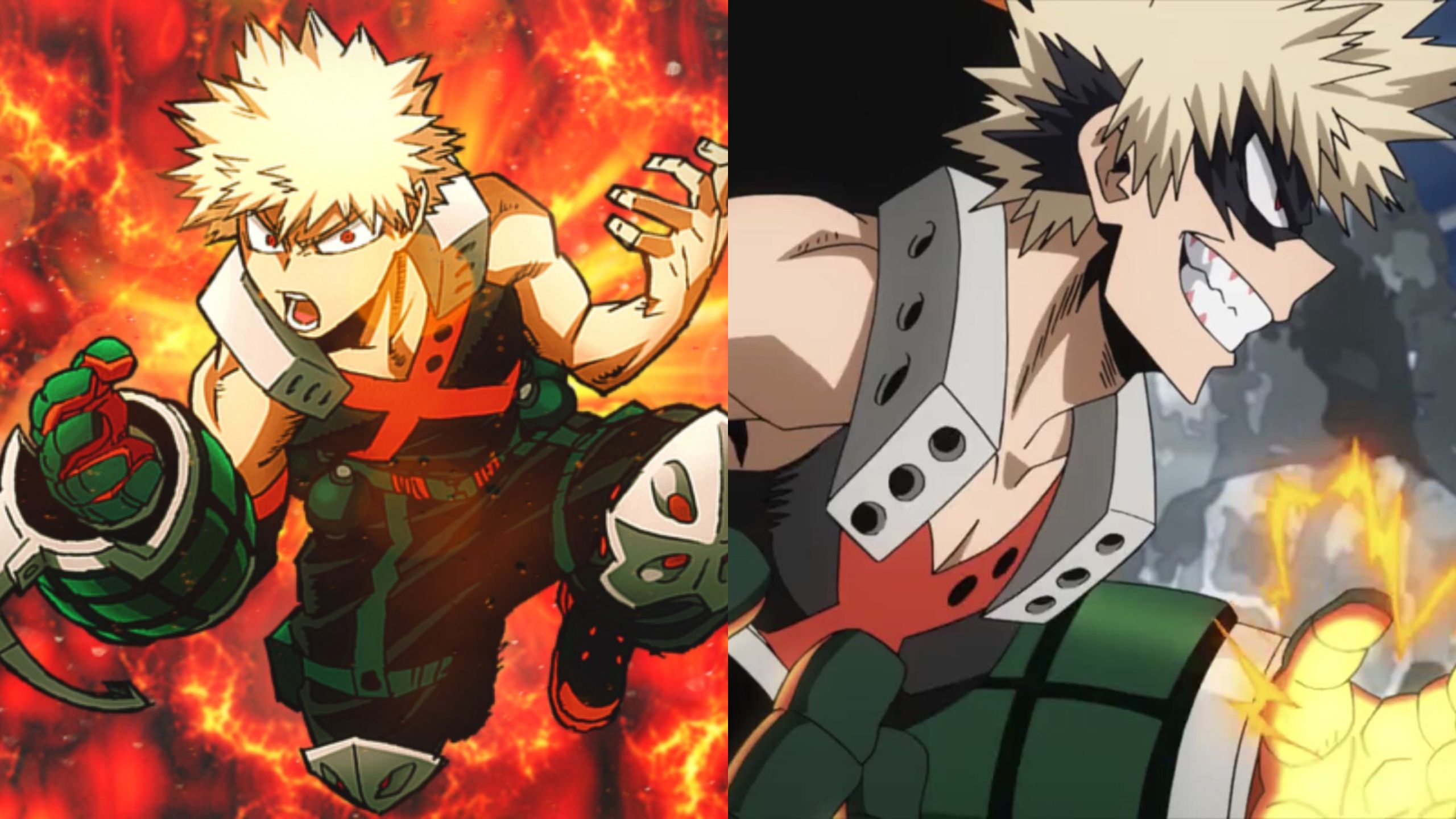
One of the series’ most fascinating themes is the idea that being a hero is not just about being the strongest person in the room.
It’s about embodying the ideals of justice, peace, and hope. This is where the complexity of Deku’s journey comes into play.
Deku, for all his growth, was often focused on the idea of becoming “strong enough” to be the greatest hero, whereas All Might’s greatness came from his ability to inspire, even when his strength began to fade.
By the time All Might retired, his body was broken, but his spirit remained as strong as ever, and people continued to look to him for guidance and reassurance.
Deku, on the other hand, though immensely powerful by the end of the series, lacked the same ability to inspire widespread hope.
His journey was deeply personal, focused on his immediate circle his classmates, his mentors, and the people he saved directly.
While Deku had his moments of inspiration, they were often more localized. He was seen more as a tactical fighter and someone who worked well with others, rather than the singular, awe-inspiring figure that All Might was.
This difference in the scope of influence is one of the primary reasons Deku couldn’t fully surpass All Might.
Deku’s Final Battle: A Momentous Feat, But Not Enough
One of the strongest arguments for why some fans believe Deku could surpass All Might is his ultimate battle against the villainous mastermind All For One.
This confrontation was, without a doubt, a defining moment in Deku’s career. All For One had been a looming threat throughout the entire series, a symbol of evil that had plagued hero society for years.
Defeating him was a monumental accomplishment that took years of preparation, struggle, and growth.
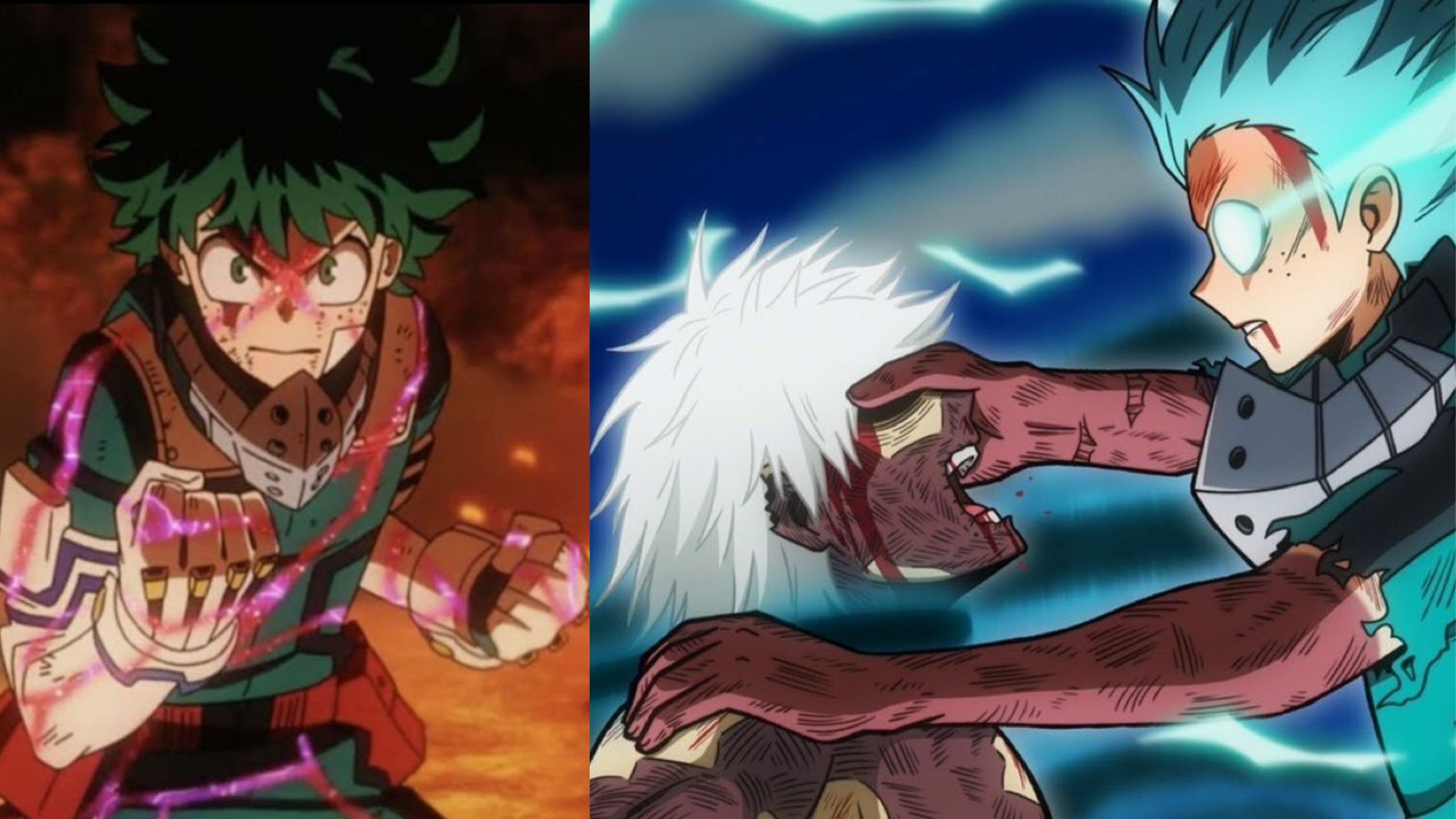
However, it’s important to recognize that while this victory was significant, it didn’t automatically cement Deku as the greatest hero of all time.
After all, defeating a powerful villain is just one part of being a hero. All Might himself had faced All For One multiple times throughout his career and emerged victorious.
His battles against All For One were legendary, but they were just a fraction of his final contributions to society.
All Might’s greatness didn’t come from defeating one powerful villain it came from his consistent ability to protect the people, uphold justice, and inspire hope for decades.
His career as a hero was long, and his influence on society was immense. Deku’s defeat of All For One was undoubtedly impressive, but it was a singular moment in what was ultimately a short career.
Deku’s time in the spotlight was brief compared to All Might’s long and storied career.
Furthermore, Deku’s final battle, while intense and important, was not as universally impactful as some of All Might’s greatest moments.
All Might’s defeat of All For One during their final battle in the middle of the series was witnessed by the entire world. It wasn’t just a personal victory it was a moment that defined an era.
The public saw their symbol of peace stand tall against overwhelming odds, and even in his weakened state, All Might managed to deliver a victory that solidified his status as a living legend.
In contrast, Deku’s battle with All For One, while significant, didn’t carry the same weight on a global scale. It was more of a personal victory for Deku and those immediately involved.
While it was certainly a crucial moment in the battle against evil, it didn’t resonate with the world in the same way that All Might’s battles did.
The scale of All Might’s victories, and the way they were perceived by society, is something Deku’s final battle couldn’t quite match.
All Might’s Influence on Society and the Next Generation
One of the most profound aspects of All Might’s legacy is his influence on future generations of heroes.
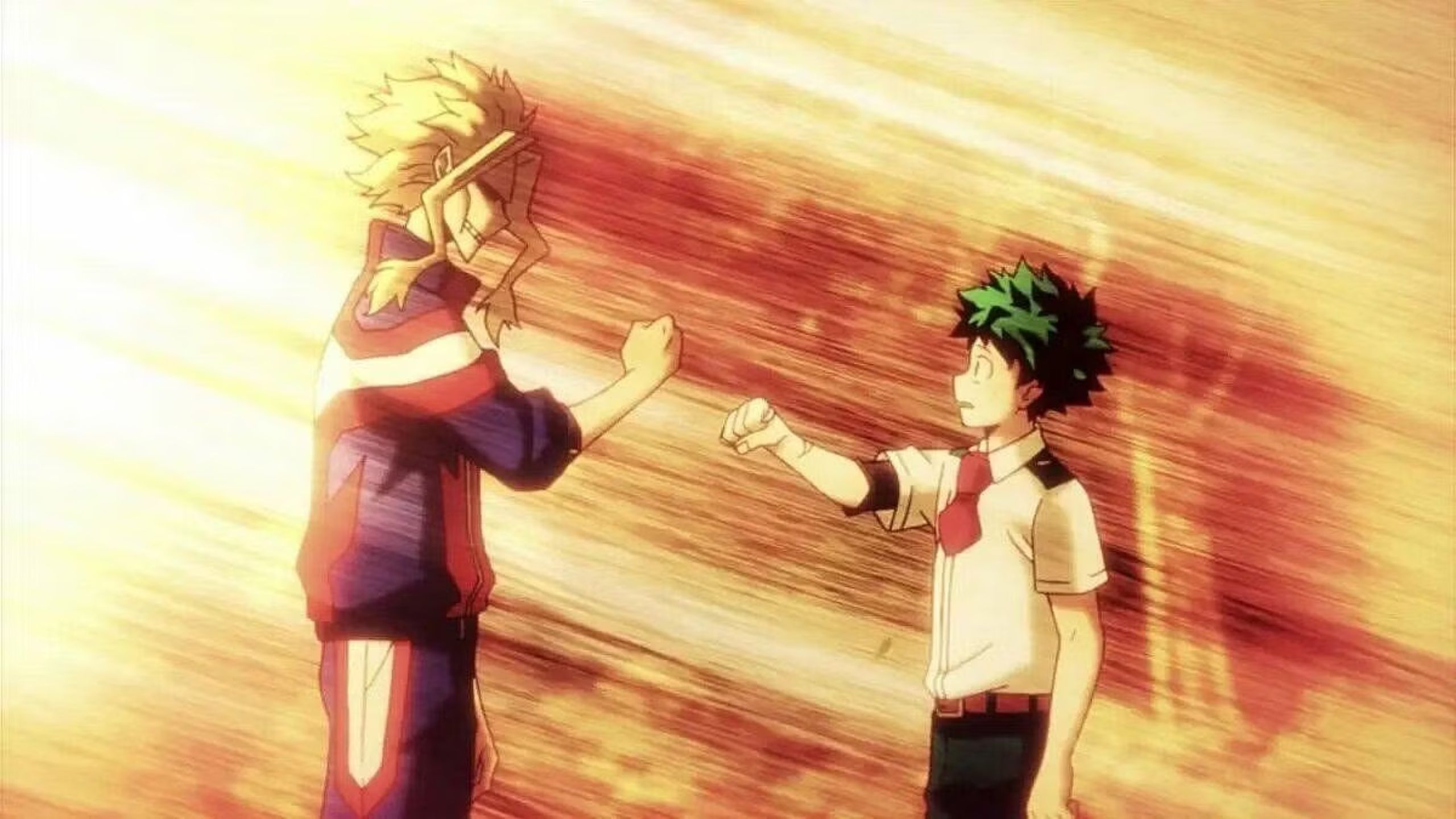
Throughout the series, it becomes clear that All Might wasn’t just a hero he was a role model, someone young heroes aspired to be.
His presence shaped the lives of countless individuals, both within the story and in the broader world of My Hero Academia.
Characters like Bakugo, Todoroki, and, of course, Deku were all deeply influenced by All Might’s ideals and actions.
The power of inspiration is a significant aspect of heroism in My Hero Academia. A hero’s ability to inspire others, to give them hope, and to push them toward their full potential is just as important as their ability to fight villains.
All Might exemplified this ability. He wasn’t just a fighter he was a mentor, a guide, and a symbol of what it meant to be a hero. His influence extended far beyond the battlefield.
Deku, while certainly inspiring to those around him, didn’t have the same widespread influence on society as All Might.
His journey was more personal, focused on his own growth and development as a hero.
While Deku certainly inspired his classmates and those he fought alongside, his impact on the broader society was limited.
All Might, by contrast, was a hero who inspired an entire generation of heroes and civilians alike. His influence was so profound that even after his retirement, people continued to look up to him as a symbol of peace.
Furthermore, All Might’s role as a mentor to Deku was a crucial part of his legacy.
Throughout the series, All Might played an instrumental role in shaping Deku into the hero he eventually became.
He passed down the power of One For All to Deku, but more importantly, he passed down his ideals, his values, and his understanding of what it meant to be a hero.
Even in his weakened state, All Might continued to guide Deku, offering wisdom and support when it was most needed.
This mentorship dynamic is another reason why Deku couldn’t fully surpass All Might. As a student, Deku looked up to All Might, and even after surpassing him in terms of raw strength, he continued to rely on his guidance.
All Might was more than just a powerful hero he was a mentor and a father figure to Deku. This dynamic made it difficult for Deku to fully step out of All Might’s shadow and forge his own path as the greatest hero.
Deku’s Path: A Different Kind of Heroism
It’s important to recognize that Deku’s journey was never meant to be a direct mirror of All Might’s. From the very beginning, Deku’s path as a hero was fundamentally different.
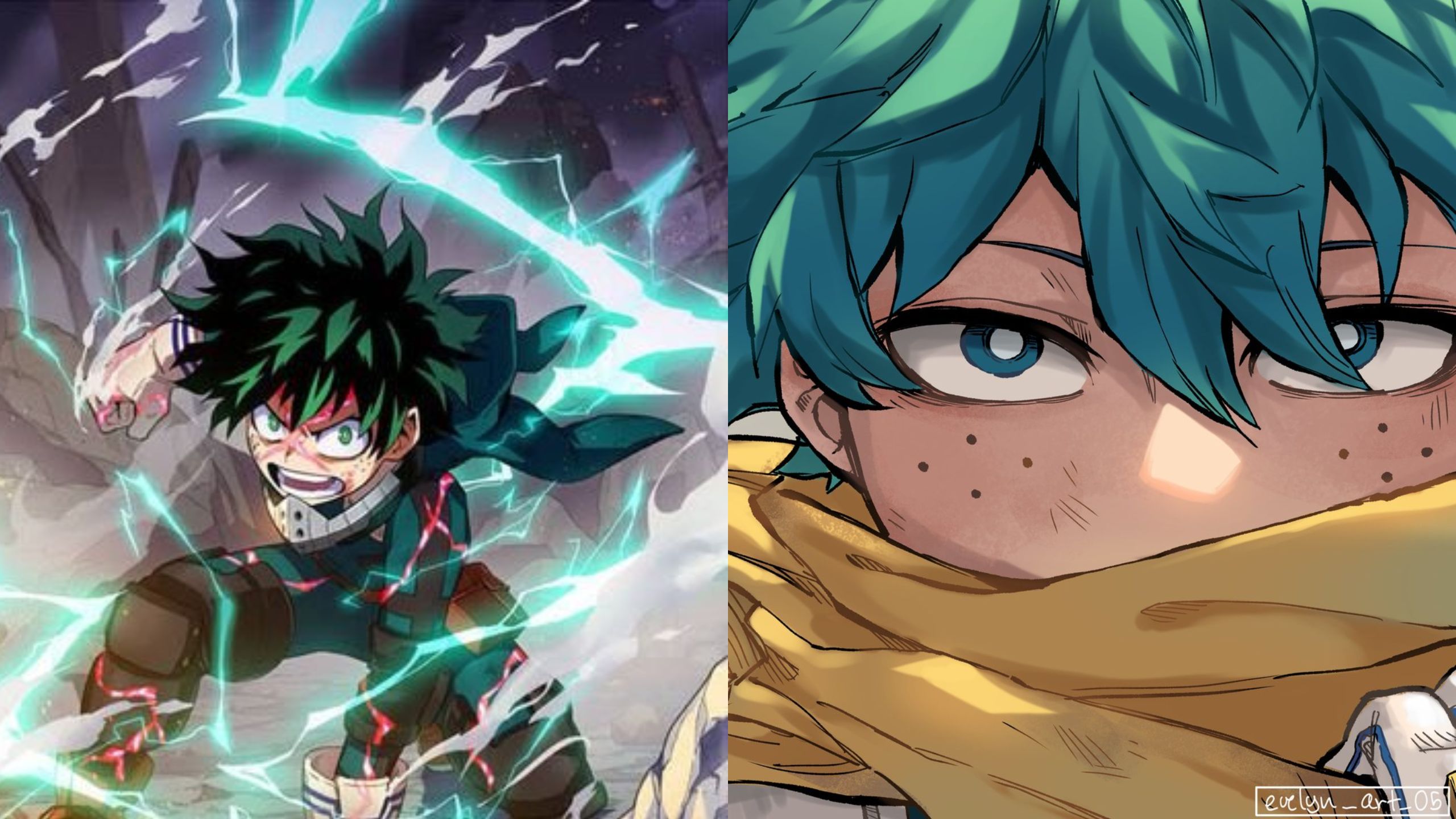
While All Might embodied the idea of a lone, powerful figure standing against evil, Deku’s heroism was more collaborative, more dependent on the people around him.
One of the key themes of My Hero Academia is the idea that heroes don’t have to stand alone. Throughout the series, Deku learns the importance of relying on others, accepting help, and working as part of a team.
This is something that All Might, in his prime, struggled with. All Might often fought alone, taking on the burden of protecting society by himself.
In contrast, Deku learned to fight alongside his friends, relying on their strengths and working together to achieve victory.
This difference in approach is a significant reason why Deku couldn’t fully surpass All Might. While All Might’s heroism was defined by his solitary strength, Deku’s heroism was defined by his collaboration and teamwork.
Deku’s greatest victories were achieved not by fighting alone, but by working alongside his friends and allies.
This collaborative approach to heroism, while effective, didn’t have the same mythic quality as All Might’s solitary battles against overwhelming odds.
Additionally, Deku’s journey was more focused on personal growth and self-discovery.
While All Might was a hero from the very beginning, Deku’s journey was about learning what it meant to be a hero.
He started as a powerless boy with no Quirk and no understanding of what it truly meant to be a hero.
Over the course of the series, Deku grew, both in terms of his physical abilities and his understanding of heroism.
His journey was one of self-discovery, learning to embrace his own identity as a hero rather than simply trying to imitate All Might.
Why Deku Couldn’t Surpass All Might
In the end, Deku’s journey in My Hero Academia was never about surpassing All Might in the traditional sense.
While he certainly became a powerful and capable hero, he didn’t achieve the same level of greatness as All Might.
All Might’s legacy was one of inspiration, hope, and leadership on a grand scale. His impact on society, his ability to inspire future generations, and his role as a symbol of peace were unmatched.
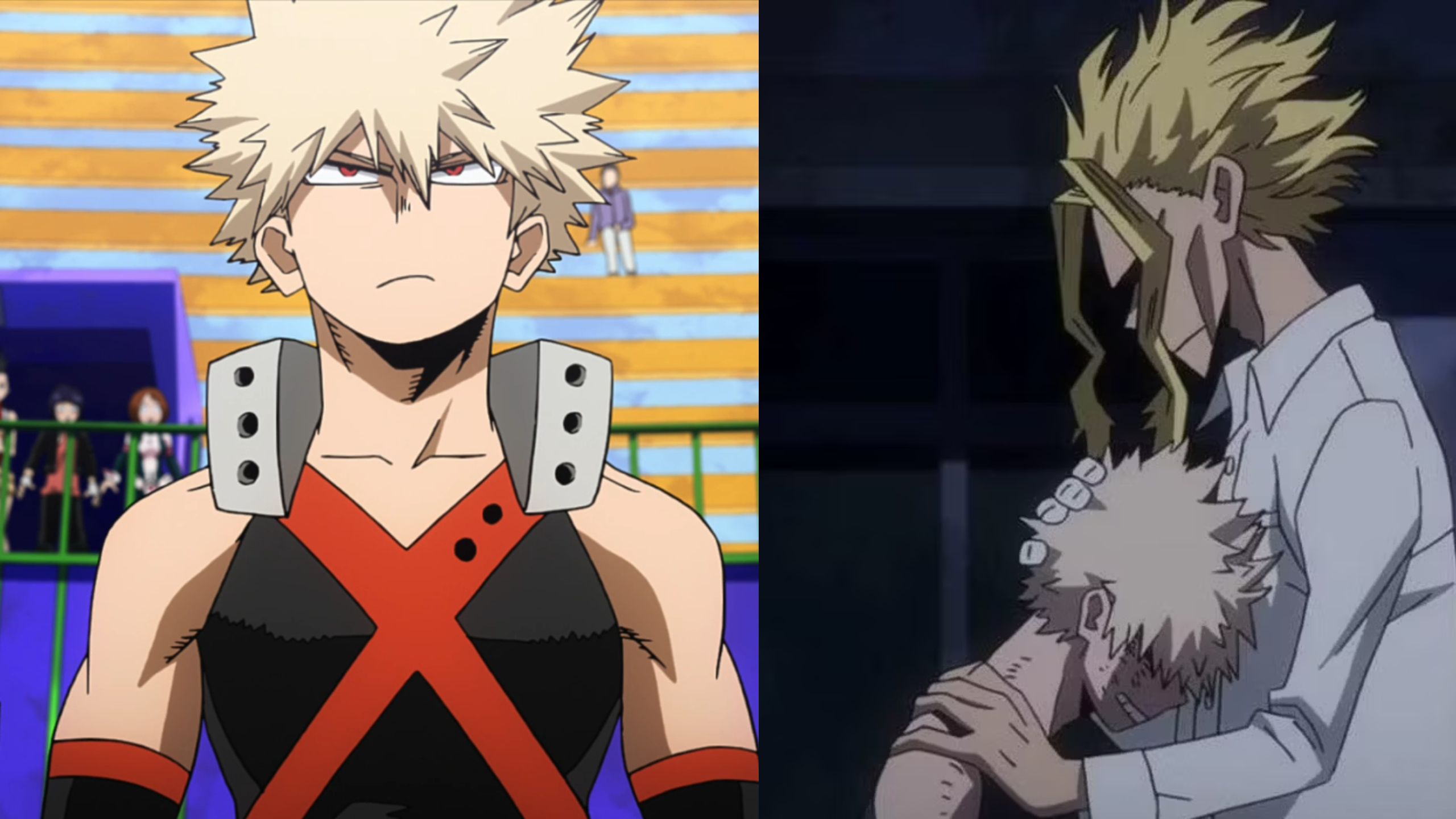
Deku, while undoubtedly a hero in his own right, didn’t surpass All Might because his journey was different. His path was more personal, focused on collaboration and self-discovery.
While Deku’s defeat of All For One was a significant accomplishment, it didn’t have the same global impact as All Might’s victories.
Deku’s heroism was defined by his ability to work with others, to rely on his friends, and to fight for what he believed in.
Ultimately, Deku didn’t become the greatest hero because his journey was never about being the next All Might.
It was about finding his own path, learning what it meant to be a hero, and inspiring those around him.
While Deku may not have surpassed All Might in terms of legacy or impact, he still became a hero who stood for justice, hope, and the future of society.

